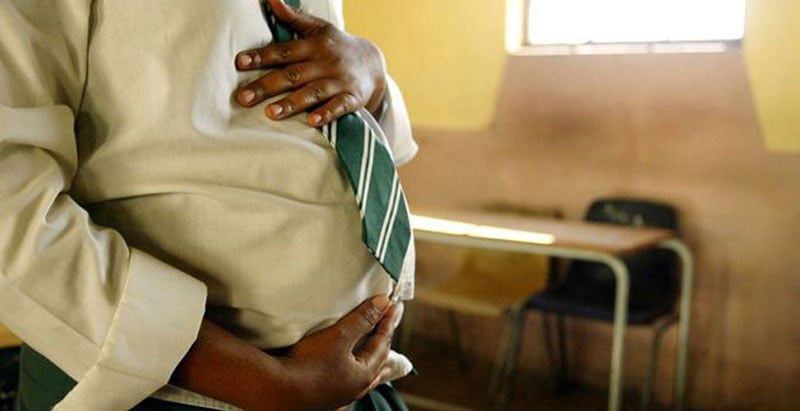Allowing pregnant students to sit exams a key milestone

For the first time the examinations body has not only allowed pregnant students to sit for the final exams, but has also declared that they will be allowed an addition 40 or so minutes to complete their papers
What you need to know:
The issue:
Pregnant students.
Our view:
Allowing the pregnant girls to write their final exams and giving them enough time to do is a good start. It should be followed up with intensified awareness campaigns, especially targeting children in rural areas .
As the O-Level final examinations kick off tomorrow, the Uganda National Examinations Board (Uneb) has announced that candidates who are pregnant, are nursing or have other special conditions will be given more time to write out their exam papers than their counterparts who do not have such conditions.
For the first time the examinations body has not only allowed pregnant students to sit for the final exams, but has also declared that they will be allowed an addition 40 or so minutes to complete their papers.
These changes have been forced by the lockdown that was necessitated by the Covid-19 pandemic, during which school-going children were forced to stay home for almost a year and many of them were exposed to a number of dangers, including getting pregnant.
When schools resumed, first for candidates, the government declared that those children who had gotten pregnant during the lockdown but were keen to continue with school would be allowed to sit for their final examinations.
We hail this important recognition of the special circumstances some children go through, which force many out of school prematurely.
It has taken a pandemic of the proportion we are going through for the government to realise that some changes need to be made in this regard, but it is an important development we must build on.
Every so often bright and promising girls get pregnant early in life and their education journeys end prematurely.
In many cases, many of the men who lure these young girls into sexual acts escape without punishment, and if it is school-going involved, the boys continue with their studies while the girls are condemned to early motherhood and in most cases precarious lives.
For this reason, the scale has always been tilted against the girl-children who suffer such misfortune, and it should not go unnoticed that some corrective actions are starting to be taken.
Going forward, every effort should be made to ensure that no underage child gets pregnant and perpetrators of such acts must face stiff punishment, but in case a girl-child gets pregnant that must not ruin their future.
Allowing the pregnant girls to write their final exams and giving them enough time to do is a good start.
It should be followed up with intensified awareness campaigns, especially targeting children in rural areas and other support activities that ensure that the girl-child attends school and realises her full potential.




